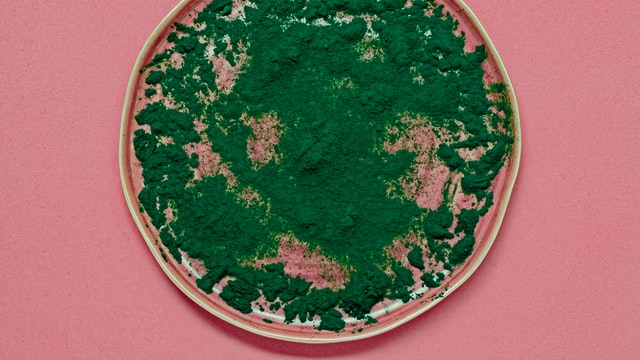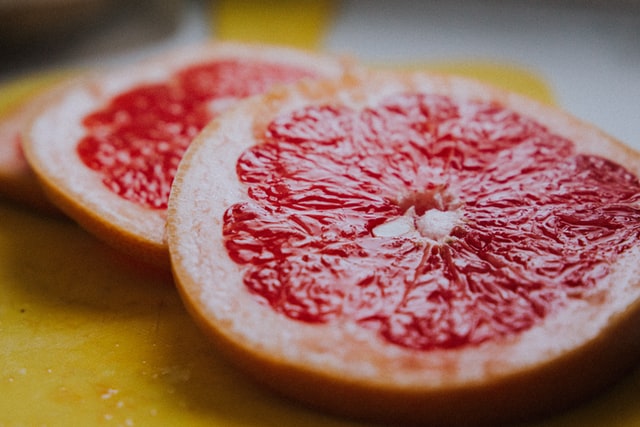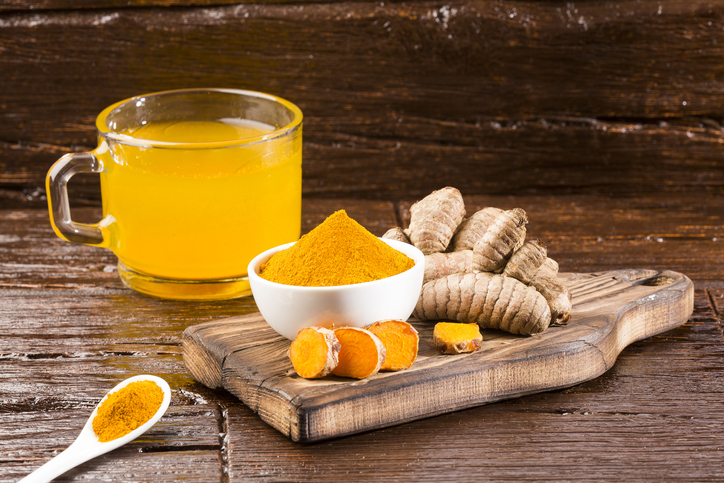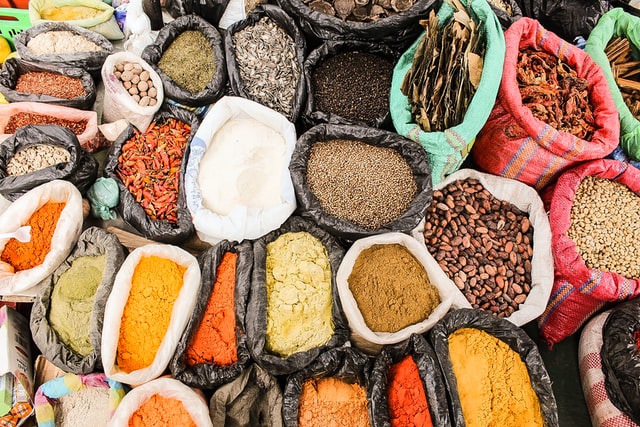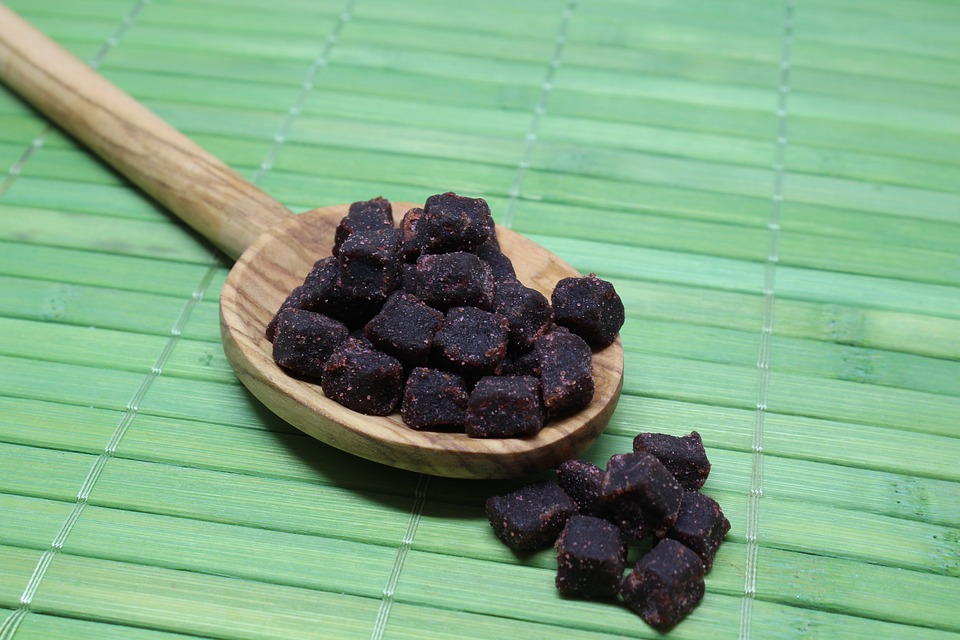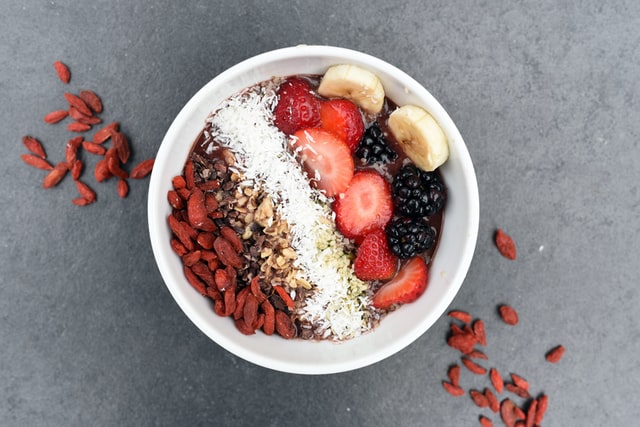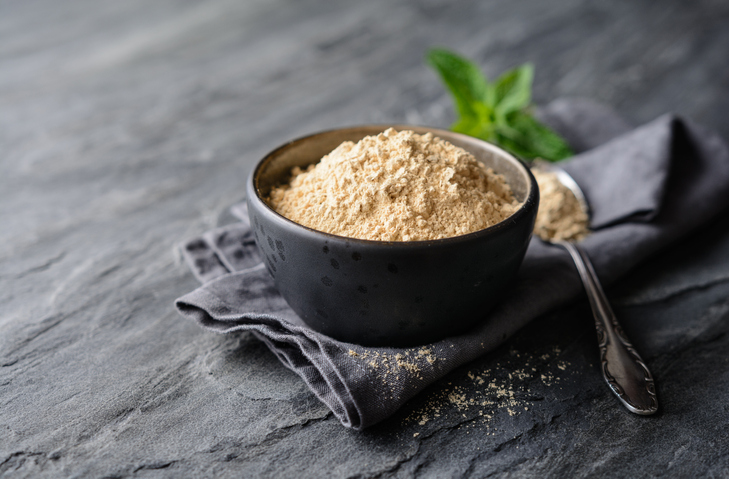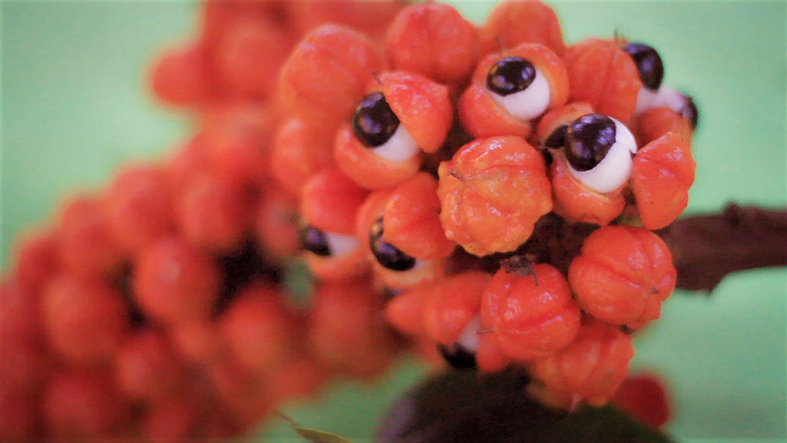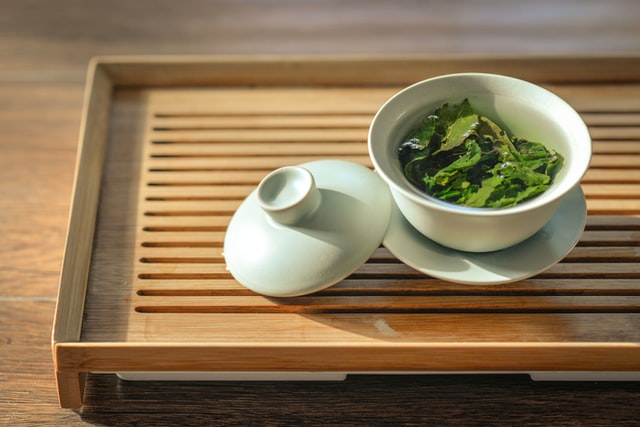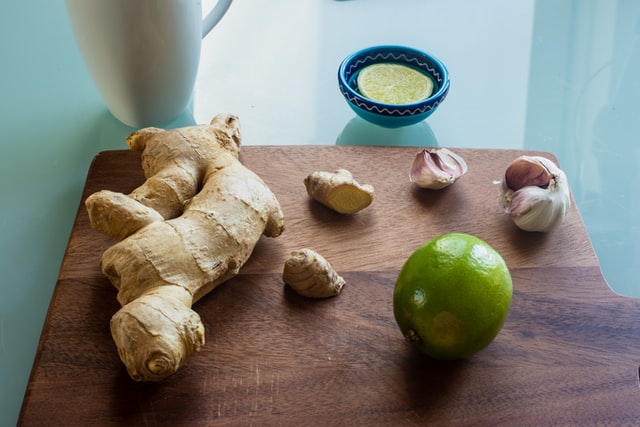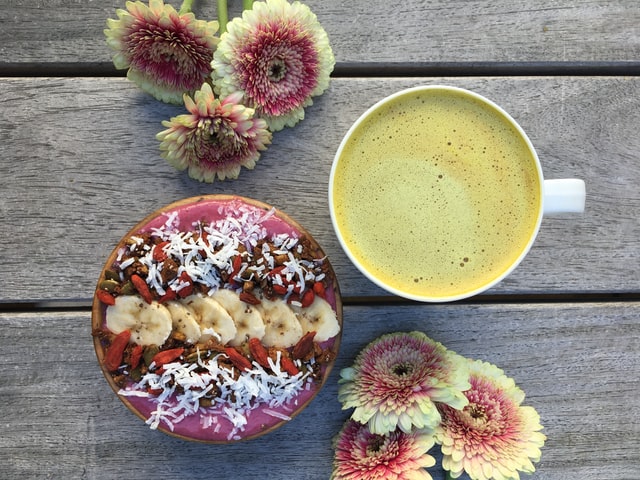Very present in Mexico, India and Africa, spirulina is cultivated in an artificial way in the United States, in some European countries and also in France, in farms.
And this has been going on for many years now. Its effects are very effective and already proven by several concrete studies. Its nutritional contributions are the subject of a fight against malnutrition in African regions. Discover this super food, the spirulina.
Definition
Also called Spirulina Arthrospira Platensis, spirulina is part of the filamentous cyanobacteria of the algae family. It has several benefits for the body. Following studies, it can be in powder, tablets, capsules or flakes.
The WHO has classified it as an excellent supplement due to its rich constituents of exceptional nutrition.
Why take L-Carnitine?
Since L-Carnitine acts as a mobilizer of fatty acids in the body so that they can be properly burned by the mitochondria and converted into energy, it is suggested that it be consumed prior to exercise in order to be effective and have positive effects. Whether it is in powder, capsule or drinkable solution, it is sufficient to take 1 to 2 g about 45 minutes before physical effort.
In any case, the positive effects of L-Carnitine on the muscle are considerable. It is also interesting to take it in post-training to improve muscle recovery, but also to maintain anabolism. Muscle pain and soreness are much less felt when taking supplements.
However, in order to have visible results at the muscle level, L-Carnitine must be taken regularly for at least 6 months. During this period, it is possible to see a reduction in muscle pain.
It should be noted that L-Carnitine supplementation alone cannot claim to burn fat, but should always be combined with physical effort. On the other hand, its contribution to sports performance is undeniable.
Spirulina since its origin
Long known to the African and Asian population, it is an important nutrient in the diet, by its natural growth. It is basically an aquatic plant that is easy to cultivate.
Good or bad, Spirulina needs a good favourable condition for easy development and to have all the necessary nitrogen bases for its growth.
Benefit characteristics
- Keeps you fit,
- Supports the immune system,
- Strengthens antibodies,
- Contributes to the body's resistance,
- Combats oxidative stress and is a source of antioxidants,
- Regulates weight and blood sugar levels,
- Promotes stamina and endurance,
Constituents of Spirulina
- Rich in protein
It is among the plant nutrients containing the most protein. The majority of its weight represents, 60 to 70% of amino acids, necessary as a supplement for the muscles. Lean meat contains only 20% of these amino acids, but this proportion decreases during cooking.
Many plant foods contain proteins, but they are not complete because of the lack of some important amino acids.
Spirulina contains all 9 amino acids, which makes it an essential supplement for both vegetarians and vegans.
- Minerals and trace elements
Very rich in copper, magnesium, zinc, iron as well as interesting minerals in the fight against fatigue and the acceleration of recovery. It also contains a large amount of potassium, phosphorus, manganese, sodium and other important elements for good health. Some of them block the creation of free radicals, others interact with red blood cells and the rest support the immune system.
- Chlorophyll and phycocyanin
Chlorophyll is the agent responsible for the green colour of spirulina. Since its structure is identical to the red blood cell, it attracts toxic elements, which makes it very important for a blood detoxification. It also contributes to the creation of red blood cells in the body.
Phycocyanin is a rare constituent of spirulina, which is currently used as a medical component and to replace some pharmaceutical treatments. It is a much sought after element to purify the body, to promote white and red blood cells and to boost physical performance.
- Natural source of vitamin B12
Spirulina contains many B vitamins, such as nicotinamide (B3), riboflavin (B2), folic acid (B9) and pyridoxine (B6). It is one of the few plant elements that contain vitamin B12, which is very much in demand among vegetarians because it has the same intake as red meat. Other studies have also shown the presence of vitamins A and E in large quantities.
Utility of spirulina
Nutritional balance and weight loss
Spirulina is very popular with vegetarians because it can compensate for the lack of essential minerals such as iron.
Its protein content allows the body to feel full quickly, reduce the intake and eliminate snacking. This is good news for people who want to keep their figure or lose weight. Very well known as an appetite suppressant, it is recommended by several dieticians for slimming treatments.
Food supplements for sport
In order to maintain sporting endurance, minerals are essential. Like iron, magnesium and zinc, they promote recovery from intensive activities.
The interaction between these components allows sportsmen to promote recovery in order to continue the activity and improve their efforts.
Elements for purifying and strengthening the organism
The immune and endocrine system requires a variety of vitamins for its proper functioning. The vitamins in spirulina stimulate the body and improve the natural defences. A constituent of the cyanobacteria is beta-carotene, which acts as an immunostimulant and antioxidant and also on the health of the skin and hair. An example of consumption of spirulina, to be taken with a glass of warm lemon.
Spirulina and sport
The most active sportsmen can consume up to 10 to 15 grams per day. It is used as a food supplement by athletes and bodybuilders for a quick recovery and for the gain in muscle mass. A fact that has been proven through research that has been done on many athletes. Spirulina also has the ability to eliminate lactic acid which causes cramps and muscle pain.
Action on endurance and resistance
Spirulina promotes oxygenation of the blood, muscles and cells thanks to the iron and beta carotene. Several researches have proved the fact that spirulina is an antioxidant, helping to improve endurance in athletes and cyclists, also physical strength for those who practice combat sports.
Keep fit
Spirulina consists of 60-70% protein, 6% fat, 19% carbohydrates, a large amount of minerals and other nutrients, it is an important source of energy to maintain good health and reboot the human body naturally.
Spirulin and bodybuilding
Important for the construction of muscles, spirulina also contributes to the attenuation of aches and pains, and to the improvement of the quality and blood circulation. It is an essential element for a varied diet. It is a factor in the elimination of carbon dioxide and lactic acid.
Removes deficiencies and anaemia
Spirulina is one of the few nutrients to fight malnutrition and anaemia especially in African countries. Spirulina is one of the few nutrients that can be used in the fight against malnutrition and anaemia, especially in African countries. It helps to restore the balance of a deficiency in the diet, and to increase the average concentration of haemoglobin and the quantity of white blood cells in the body.
An effective antioxidant
Phycocyanine acts on stress, contributes to the preservation of skin hygiene and in general of the body. One of the players in the fight against many diseases is antioxidants, spirulina has been scientifically proven to be pro-inflammatory and to reduce oxidative markers, which shows both its anti-inflammatory and antioxidant qualities.
Consumption and dosage
Available in various forms, consumption should be 1 to 2g per day for the first week and up to 3g for the remainder of the treatment. For those who do intensive sports, their need can increase to 10g per day. In addition, any individual can consume spirulina as a food supplement whether or not they are on a course of treatment.

